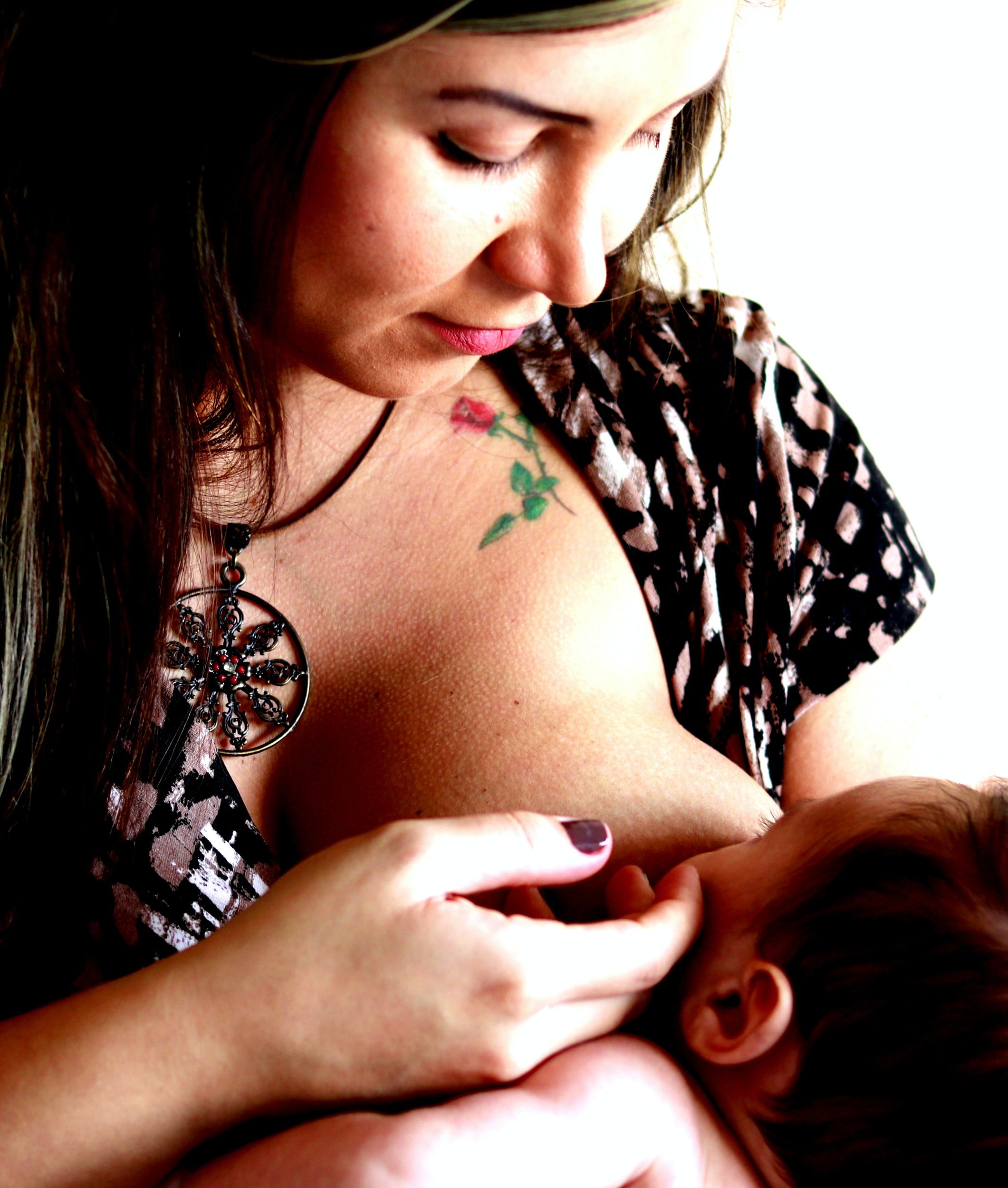Tips for Breastfeeding Your Baby
Breastfeeding is natural, yes. Unfortunately that doesn’t mean that it’s easy. There are a lucky few who put baby to the breast and it all just works out. For most of us though, we have to learn how to feed our babies comfortably. Our babies have to learn to latch effectively. It is a skill to be learned, and it’s common to have challenges.
As a breastfeeding practitioner, I’ve supported many families with their feeding goals, whatever they might be. I run Huddersfield Bosom Buddies and I do 1:1 visits in the home for people who want or need more personal, one-to-one time.
I wanted to share a few tips and reflections to help you prepare for breastfeeding your baby.
Support, support, support. It’s really hard to breastfeed without good support. Emotional support from your partner, your family and your friends is really important, so tell them what you need from them. If your goal is to exclusively breastfeed, it’s not going to be helpful for your Auntie Jean to tell you to ‘bob down to the shop for some formula’.
Practical support is key too – find your local breastfeeding group and local breastfeeding practitioners. It’s also worth seeking out your local IBCLC (the gold standard of breastfeeding support) in case of any complex problems. There are national breastfeeding helplines – these are absolutely wonderful and staffed by highly trained volunteers. Joining a few breastfeeding facebook groups too can be helpful.
We don’t just bring baby’s mouth directly onto the nipple! That encourages baby towards a more shallow (and painful) latch onto the nipple – it’s called breastfeeding, not nipple feeding! Attend an antenatal breastfeeding class, or watch a few videos on positioning and attachment. Often when I support parents, it’s a matter of tweaking the positioning and attachment. Getting a head start on this will be really helpful for you.
Work on your expectations – in the first weeks, baby will mostly feed and sleep. It can feel relentless. Babies find comfort and reassurance on your breast (not just for milk), and so you may find that baby’s attached to you for a huge portion of the day. Set yourself up with feeding stations around the house, and make sure you have your phone, the remote, some water and a snack before you sit down to feed!
Some people are out and about with their babies the day after birth. Others don’t go out for weeks or months. Prioritising feeding and bonding in those early weeks is so important – you can’t get that time back! If you don’t feel ready to go out, or feed baby out and about, don’t feel bad about that. Take it at your own pace and NEVER compare yourself to others (a good lesson for parenthood generally).
How do you know if baby’s getting enough milk? There are two clear guidelines for this – weight and nappies. If baby is gaining weight, that’s great, but we can’t weigh baby every day! By day 5, your baby should be having at least 5 heavy wet nappies, and at least 2 poos the size of a £2 coin. Some babies poo far more, but if less, check with your midwife or health visitor.
I could write pages and pages of tips, but those are the most important to get you started. If you’re pregnant and would like to learn more, I run regular ‘Beginning Breastfeeding’ antenatal sessions (£20).
My 1:1 home visits are £50. These usually last up to two hours and include text/email support after that too. A portion of the fee goes to the breastfeeding support group that I run (which is voluntary and completely free for all).
Contact me if you’d like to find out more about any of the above.
Rebecca x

